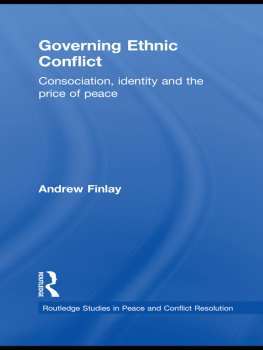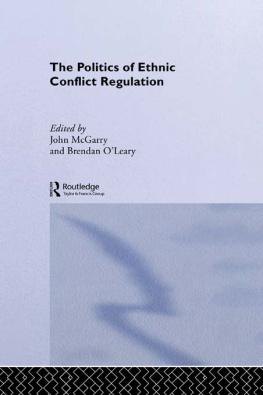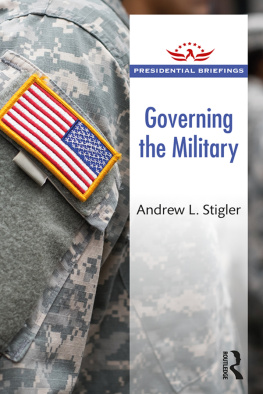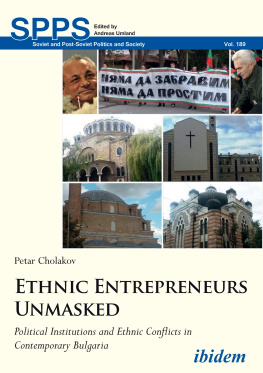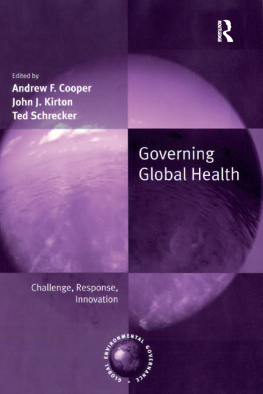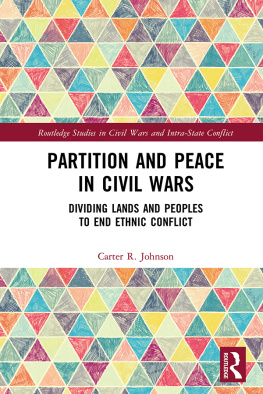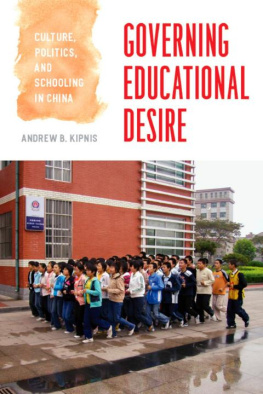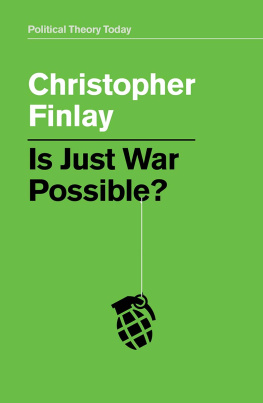Governing Ethnic Conflict
This book offers an intellectual history of an emerging technology of peace and explains how the liberal state has come to endorse illiberal subjects and practices.
The idea that conflicts are problems that have causes and therefore solutions rather than winners and losers has gained momentum since the end of the Cold War, and it has become more common for third-party mediators acting in the name of liberal internationalism to promote the resolution of intra-state conflicts. These third-party peace makers appear to share lessons and expertise so that it is possible to speak of an emergent common technology of peace based around a controversial form of power-sharing known as consociation.
In this common technology of peace, the cause of conflict is understood to be competing ethno-national identities and the solution is to recognise these identities, and make them useful to government through power-sharing. Drawing on an analysis of the peace process in Ireland and the Dayton Accords in Bosnia-Herzegovina, the book argues that the problem with consociational arrangements is not simply that they institutionalise ethnic division and privilege particular identities or groups, but, more importantly, that they close down the space for other ways of being. By specifying identity categories, consociational regimes create a residual category, designated other. These others not only offer a challenge to prevailing ideas about identity but also stand in reproach to conventional wisdom regarding the management of conflict.
This book will be of much interest to students of conflict resolution, ethnic conflict, identity, and war and conflict studies in general.
Andrew Finlay is Lecturer in Sociology at Trinity College, Dublin.
Routledge studies in peace and conflict resolution
Series editors: Tom Woodhouse and Oliver Ramsbotham
University of Bradford
Peace and Security in the Postmodern World
The OSCE and conflict resolution
Dennis J. D. Sandole
Truth Recovery and Justice after Conflict
Managing violent pasts
Marie Breen Smyth
Peace in International Relations
Oliver Richmond
Social Capital and Peace-Building
Creating and resolving conflict with trust and social networks
Edited by Michaelene Cox
Business, Conflict Resolution and Peacebuilding
Derek Sweetman
Creativity and Conflict Resolution
Alternative pathways to peace
Tatsushi Arai
Climate Change and Armed Conflict
Hot and Cold Wars
James R. Lee
Transforming Violent Conflict
Radical disagreement, dialogue and survival
Oliver Ramsbotham
Governing Ethnic Conflict
Consociation, identity and the price of peace
Andrew Finlay
Governing Ethnic Conflict
Consociation, identity and the price of peace
Andrew Finlay
First published 2011
by Routledge
2 Park Square, Milton Park, Abingdon, Oxon, OX14 4RN
Simultaneously published in the USA and Canada
by Routledge
270 Madison Avenue, New York, NY 10016
Routledge is an imprint of the Taylor & Francis Group, an informa business
This edition published in the Taylor & Francis e-Library, 2010.
To purchase your own copy of this or any of Taylor & Francis or Routledges collection of thousands of eBooks please go to www.eBookstore.tandf.co.uk.
2011 Andrew Finlay
All rights reserved. No part of this book may be reprinted or
reproduced or utilised in any form or by any electronic,
mechanical, or other means, now known or hereafter
invented, including photocopying and recording, or in any
information storage or retrieval system, without permission in
writing from the publishers.
British Library Cataloguing in Publication Data
A catalogue record for this book is available from the British Library
Library of Congress Cataloging-in-Publication Data
Finlay, Andrew.
Governing ethnic conflict: consociation, identity, and the price of peace / Andrew Finlay
p. cm.
1. Ethnic conflict. 2. EthnicityPolitical aspects. 3. State, The.
4. Cultural pluralism. I. Title.
HM1121.F56 2010
305.8001dc22
2010002332
ISBN 0-203-84731-8 Master e-book ISBN
ISBN13: 9780415498036 (hbk)
ISBN13: 9780203847312 (ebk)
To Margaret and the memory of Vera and Roy
Contents
Abbreviations
AAI | Anglo-Irish Agreement, 1985 |
CTG | Cultural Traditions Group |
ECHR | European Convention for Human Rights |
ETA | Euskadi Ta Askatasuna |
GFA | Good Friday Agreement, 1998 |
IRA | Irish Republican Army |
NIHRC | Northern Ireland Human Rights Commission |
NILP | Northern Ireland Labour Party |
OFMDFM | Office of the First Minister and Deputy First Minister |
PR | Proportional Representation |
PUP | Progressive Unionist Party |
SACHR | The Standing Advisory Commission on Human Rights |
SDLP | Social Democratic and Labour Party |
UDA | Ulster Defence Association |
UNESCO | United Nations Educational, Scientific and Cultural Organisation |
UVF | Ulster Volunteer Force |
Preface and acknowledgements
More punk less folk! This was the response of a Bosnian community relations worker to a sceptical remark I had made about treating culture as both the cause of conflict and its solution. He described the typical successful interethnic (intercultural) project favoured by international donors as one that ended with a blend of folklore[s] we sing each other songs, tell jokes. For him, this kind of project was anything but successful: from my perspective, this is just a reproduction/reinforcement of differences. The kind of cultural project he would like to develop if only he could get the funds would be based in alternative (underground, countercultural, OFF, call it as you like) cultural paradigms, which offer additional points of identification, potential (not necessary) transcendence of ethnic identity. He thought that working with youth was particularly important because they had been raised in an ideological environment where ethnicity was paramount. Hence: more punk less folk! (personal communication, 4 December 2009 and 12 December 2009).

